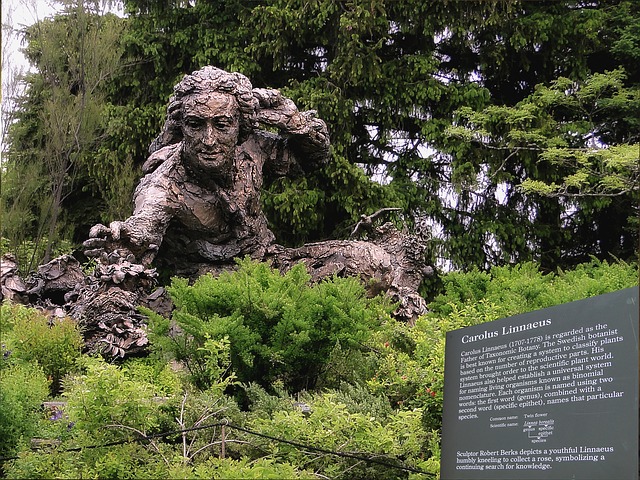Maxwell Knight was amongst the first – if not the first – to coin the phrase ‘nature detective’ before the Second World War; however, he would have been the first to admit that his natural history forefathers had literally risked life and limb detecting fauna and flora as skilfully recorded in Richard Conniff’s book The Species Seekers: Heroes, Fools, and the Mad Pursuit of Life on Earth:
“It got its start in 1735, when the Swedish botanist Carolus Linnaeus invented a system for identifying and classifying species. He was a charismatic teacher, both ribald and full of religious fervour for the wonders of the natural world. His words inspired 19 of his own students to undertake voyages of exploration. Half of these “apostles,” as he called them, would die overseas in the service of his mission. Explorers from other nations, also inspired by Linnaeus, soon followed, taking the hunt for new species to the farthest ends of the Earth. They made the discovery of species one of the most important and enduring achievements of the colonial era.”
Linnaeus set the ball rolling and what followed was a period of pioneering discovery as explorers set out to the ‘far corners of the Earth,’ writes Conniff. It doesn’t take a great deal of imagination to picture how confused ‘natives’ must have been as they watched grown men chase butterflies and catch beetles with what must have seemed a misplaced fervour as – after all – these very same species were, of course, common to indigenous onlookers.

Two hundred years later Maxwell Knight was in his mid-30s and he, too, was somewhat an odd fish – his fieldcraft was practised much closer to home and he’d converted his observational skills into a bushcraft of a different kind, the ‘tradecraft’ that would later set him up as Britain’s greatest spymaster, ‘M’. Whilst Knight searched the countryside for snakes and studied animals in his bug room he was also busy recruiting field agents to report on the Fascist movement which included Oswald Mosley (leader of the British Union of Fascists (BUF)) and the infamous William Joyce (Lord Haw-Haw, eventually convicted of one count of high treason in 1945 and sentenced to death). It is this contrast of naturalist and spymaster that’s powered editor’s intrigue; however, the talents required for naturalist and spy are not as far apart as they may, at first, seem.
We should rightfully acknowledge Knight’s talents as a spymaster – more specifically, a recruiter of spy talent and certainly a man with a sixth sense. In contrast, however, we must celebrate the efforts he went to recruit the young nature detectives of the 20th Century. All walks of life listened to Maxwell Knight’s BBC broadcasts and yet it was the children who took his message most seriously and they were inspired to get out and about, into their gardens, into parks and woods, to observe nature in the field.
Next year, we’ll commemorate the 50th anniversary of Knight’s death. With regret, were he to pay Earth a visit today, he’d maybe feel that his recruitment drive fell on stony ground. Our children today want to be ‘You Tubers’ and nature is something for grown-ups to deal with. The thing is, we need nature detectives more than we need You Tubers. We can all only watch a certain amount of cat videos before we implode and nature can only hold its breath for so long…
Yes, we need entrepreneurs; however, we need CEOs for the Planet.
The problem is, those who spend a lifetime working with nature are largely unsung as per Linnaeus’s “apostles” who gave their lives to further our understanding of animals and the planet.
If something needs to change, it’s this: we need to change the way we value those who serve nature, for they serve a purpose greater than the FTSE 100 or NYSE.



2 responses to “We need more naturalists, more 21st Century Nature Detectives”
It is good to be reminded about MK and his contribution to natural history studies. Least his place in history is forgotten.
LikeLiked by 1 person
Amen to all that and keep calm and carry on …
LikeLike